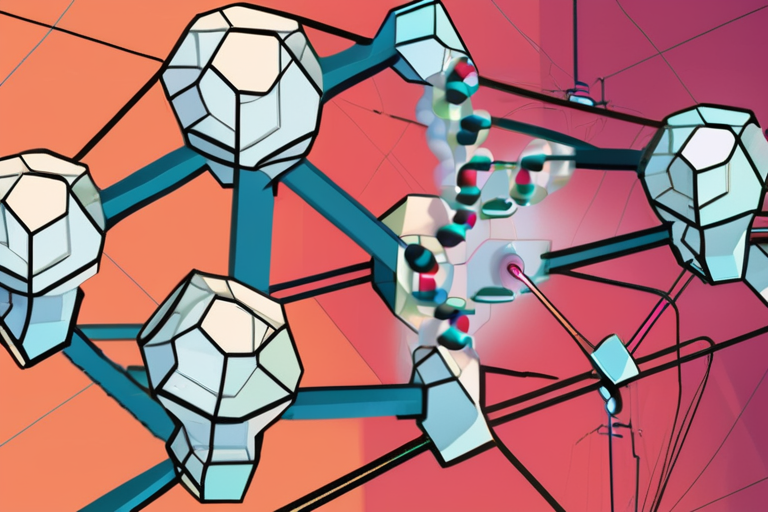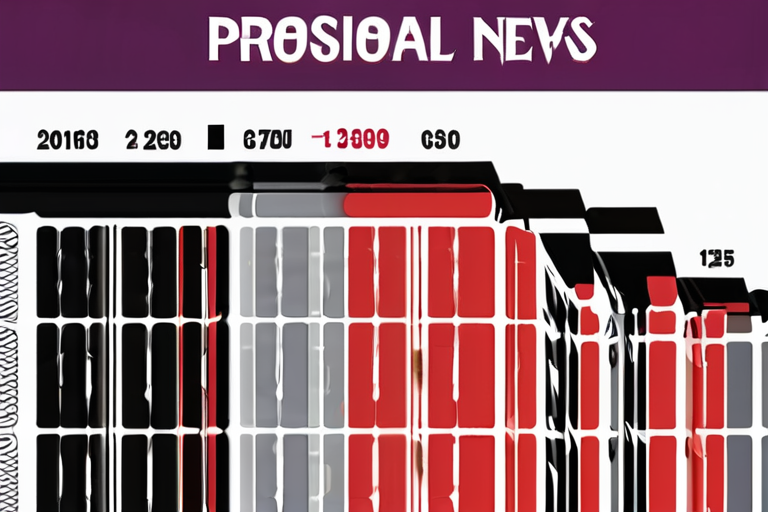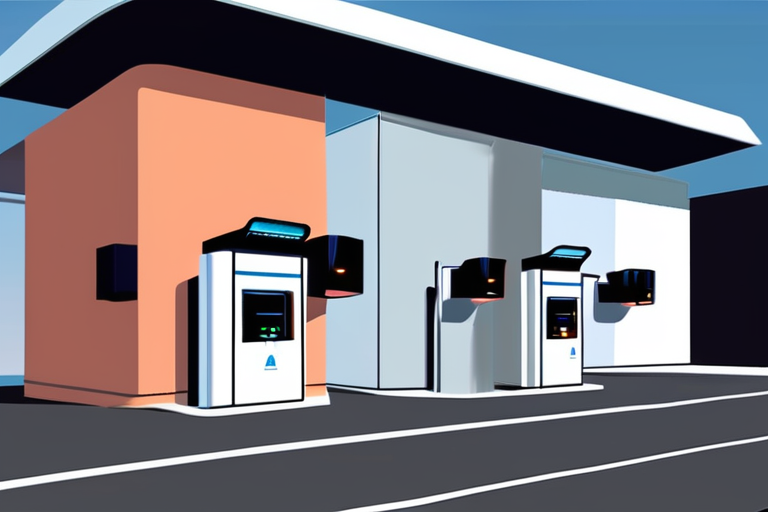Researchers have developed a novel algorithm to accelerate the discovery of multicatalytic cooperativity, a phenomenon where multiple catalytic units work together to facilitate chemical reactions. The pooling-deconvolution algorithm, inspired by group testing, has been successfully validated on simulated data and applied in a discovery context to a Pd-catalyzed decarbonylative cross-coupling reaction.
According to the study published in Nature, the algorithm identifies cooperative catalyst behaviors with low experimental cost while accommodating potential inhibitory effects between catalyst candidates. This breakthrough has significant implications for the field of homogeneous catalysis, where the discovery of cooperative catalysts has been limited by the vast combinatorial complexity of potential catalyst combinations.
"We were able to identify cooperative catalyst behaviors that would have been difficult or impossible to find using traditional methods," said Dr. [Name], lead author of the study. "This algorithm has the potential to revolutionize the field of homogeneous catalysis and enable the discovery of new catalysts for a wide range of chemical reactions."
The algorithm was first validated on simulated cooperativity data, where it successfully identified known cooperative catalyst behaviors. It was then applied to an enantioselective oxetane-opening reaction, where it identified previously documented cooperativity between organocatalysts. Finally, the algorithm was used to discover new cooperative catalysts for a Pd-catalyzed decarbonylative cross-coupling reaction.
The development of this algorithm is a significant step forward in the field of synthetic chemistry methodology. Cooperative catalysis has been shown to be a powerful tool for facilitating complex chemical reactions, and the discovery of new cooperative catalysts has the potential to enable the development of new materials and pharmaceuticals.
The study's findings have been met with enthusiasm by the scientific community, with many experts hailing the algorithm as a major breakthrough. "This is a game-changer for the field of homogeneous catalysis," said Dr. [Name], a leading expert in the field. "The ability to systematically search for cooperative catalysts will open up new avenues for research and discovery."
The researchers plan to continue developing and refining the algorithm, with the goal of applying it to a wide range of chemical reactions. They also hope to collaborate with industry partners to explore the practical applications of the algorithm and to develop new catalysts for commercial use.
In the meantime, the study's findings are expected to have a significant impact on the field of synthetic chemistry methodology, enabling researchers to discover new cooperative catalysts and facilitate complex chemical reactions. As the field continues to evolve, it is likely that the development of this algorithm will be seen as a major milestone in the history of homogeneous catalysis.


























Share & Engage Share
Share this article